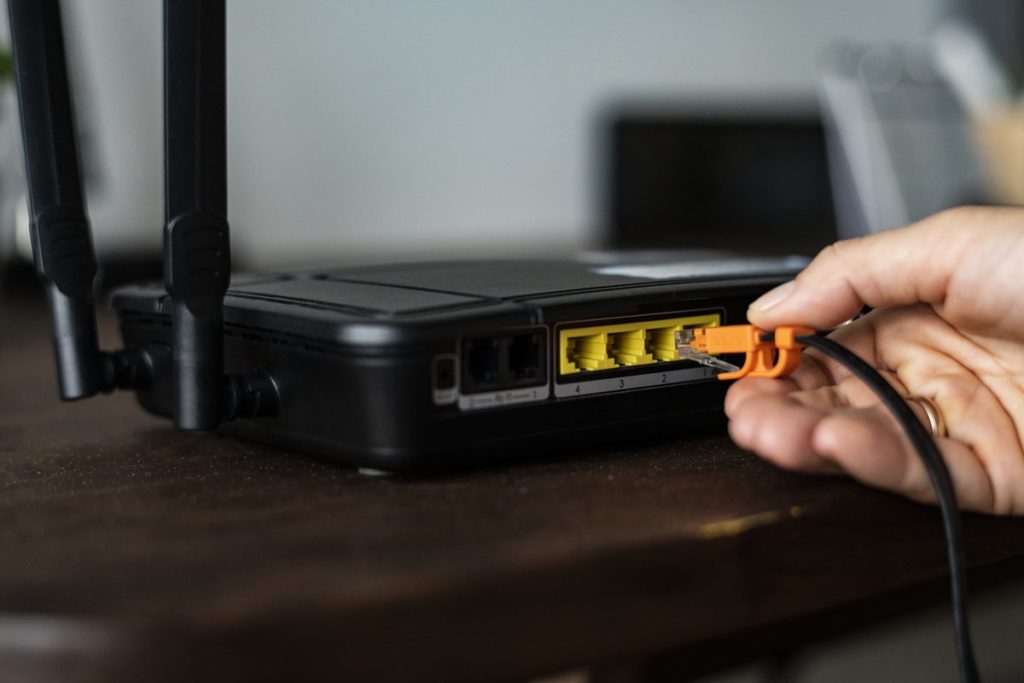Homeworking isn't a new phenomenon. In fact, the number of people working from home has dramatically increased over the years, as more employers recognise the cost savings to be had.
While a huge number of businesses have been suddenly forced to transition to remote working due to COVID-19, analysis by the Trades Union Congress suggests that in 2017, 1.6 million workers were already regularly working from home – long before the onset of the global pandemic.
While there is no legal definition of “homeworking”, an essential component is the use of information technology to allow work activity away from the typical work environment. It applies to people working full or part-time, those dividing their time between their home and the office, as well as mobile workers using their home as an administrative base.
From a health and safety point of view, employers can often incorrectly assume that working from home means workplace regulations don’t apply, or that there aren’t significant risks. However, this is far from the truth.
Here’s what you need to know about fulfilling your duty of care and keeping staff safe from a distance.
What the law says
Contrary to what is often believed, the Health and Safety at Work etc Act 1974 applies in exactly the same way to homeworkers as it does to workers performing activities in their employer’s premises. Similarly, the Management of Health and Safety at Work Regulations 1999, which require employers to carry out a suitable and sufficient risk assessment of the work activities performed by their workers, also apply to homeworkers.
As an employer, you therefore have the same duty of care for employees working from home as you would if they were under your roof. This means that a risk assessment must be performed for each homeworking environment before the employee begins working remotely. This is to make sure that the home environment is fit for purpose and that the job and jobholder are suitable for homeworking.
The role of risk assessment
After conducting a homeworking risk assessment, the health and safety risks that are identified will need to be controlled so far as is “reasonably practicable“. The highlighted areas of concern will also help employers to decide the right level of supervision required for the homeworkers’ welfare.
Under employers’ guidance and with the help of checklists, homeworkers can themselves carry out a self-assessment of the risks arising from work activities carried out in the home – sending employers a photo of their setup.
Risk assessments in relation to new or expectant mothers must also take account of risks to the child.
All homeworking risk assessments need to:
- Identify all hazards present in the home
- Assess the extent of the risks
- Implement measures to remove or reduce the risk
A homeworking risk assessment should check that the workstation, space, lighting and ventilation are adequate and suitable for the homeworker’s needs. The same standards should be extended to homeworkers as those provided to “normal” employees.
Importantly, workstations should be assessed to ensure the screen, chair and desk are at the correct height, as an incorrect set-up could cause discomfort and long-term health problems in the future.
Common homeworking risks
Homeworkers perform a number of different roles and there are lots of possible risks to consider. Some of the most common include those from:
- Display screen equipment (DSE);
- Electrical equipment;
- Fire and other emergencies;
- Lone working; and
- Stress.
Let’s explore a couple of these further below.
Working from home typically involves using electrical or other forms of equipment. Employers who provide any electrical equipment to homeworkers are responsible for ensuring it is fit for purpose and maintained in the correct way. You will also need to consider the risks posed by the equipment when used at home.
For example, electrical equipment should:

- Be secured to prevent children from accessing or damaging it (and to prevent damage occurring through neglect); and
- Comply with the domestic provisions in BS 7671 18th edition.
Faults should be reported to the employer right away. Electrical problems pose a high risk and must be treated as a matter of urgency.
Your duty as an employer to take reasonable steps to manage health and safety risks extends to mental health. This is particularly important in respect to homeworkers due to the risk of isolation or failure to take proper breaks, with studies showing that working remotely can lead to insomnia and raised stress levels.
Other homeworking issues to consider include the provision of first aid, and reporting and recording of accidents.
Employers must keep homeworkers safe through regular assessment and review of homeworking practices, including when there has been a significant change to the home. Homeworkers should also play their part by taking steps to ensure they work safely. For example, before starting work each day, homeworkers should check their workstation to confirm that it is set up correctly and remains comfortable. They should also ensure that any concerns are reported to their employer without delay.
Creating a Homeworking Policy
To ensure safe homeworking practices are adopted, it’s a good idea to create a policy that outlines employees’ health and safety obligations when working from home. This may place a duty on homeworkers to:
- Make sure their workspace is arranged so that it is comfortable and ergonomically sound;
- Ensure the environment is well lit and kept free of obstacles or tripping hazards;
- Take regular breaks throughout the day; and
- Communicate regularly with managers and proactively discuss any problems arising from homeworking.
Within this, you should also make homeworkers aware of your obligations as an employer and the steps you will take to ensure their welfare, including:
- Facilitating communication between management and employees;
- Ensuring employees are fully trained to discharge their duties;
- Monitoring workloads to ensure that people are not overloaded;
- Where necessary, offering additional support to any employees who are experiencing additional stress outside of work due to COVID-19.
With a joint effort from the homeworker and their employer, and an awareness of what’s expected of both parties, your usual high standards of health and safety can be maintained while your workforce is dispersed.
Both employers and employees should be mindful not to become blasé about health and safety in the home environment. While working from home may be less risky than working in a normal workplace environment, it’s important to understand the risks and take steps to control them. To help raise awareness, homeworkers may benefit from basic health and safety training.
FREE Coronavirus Advice Hub
In need of advice on managing your workforce and keeping them safe during COVID-19? Our Coronavirus Advice Hub contains regularly updated guidance notes and other helpful resources, including a Homeworking Risk Assessment, sample Coronavirus Policy and step-by-step guide to furlough leave.







